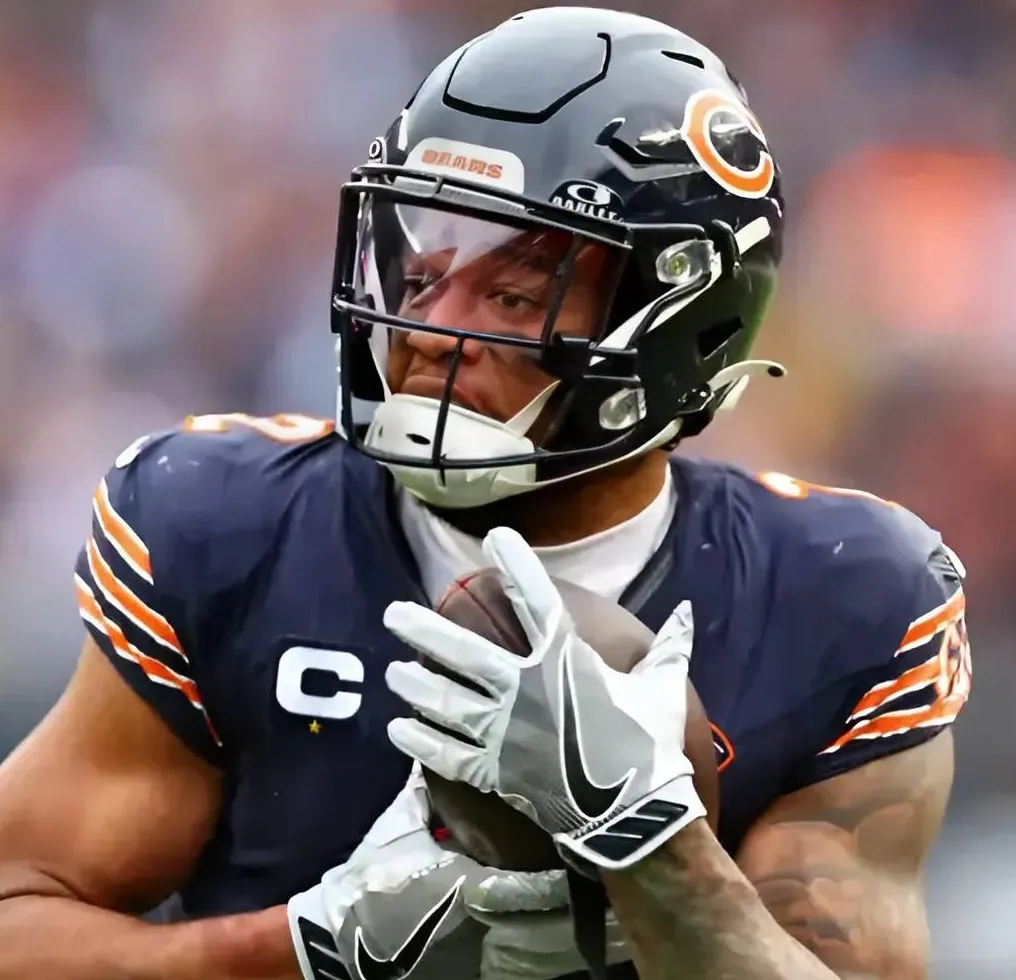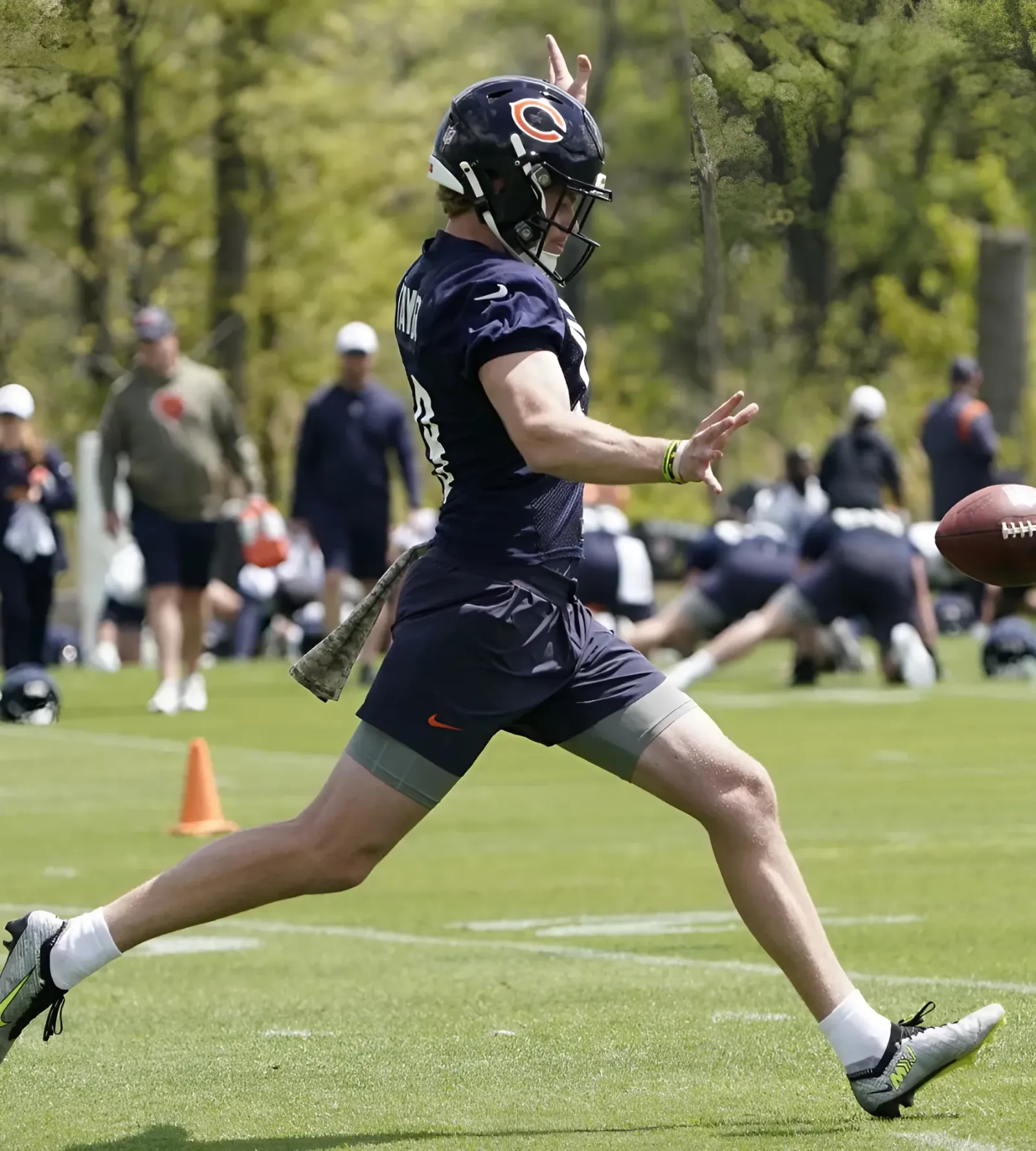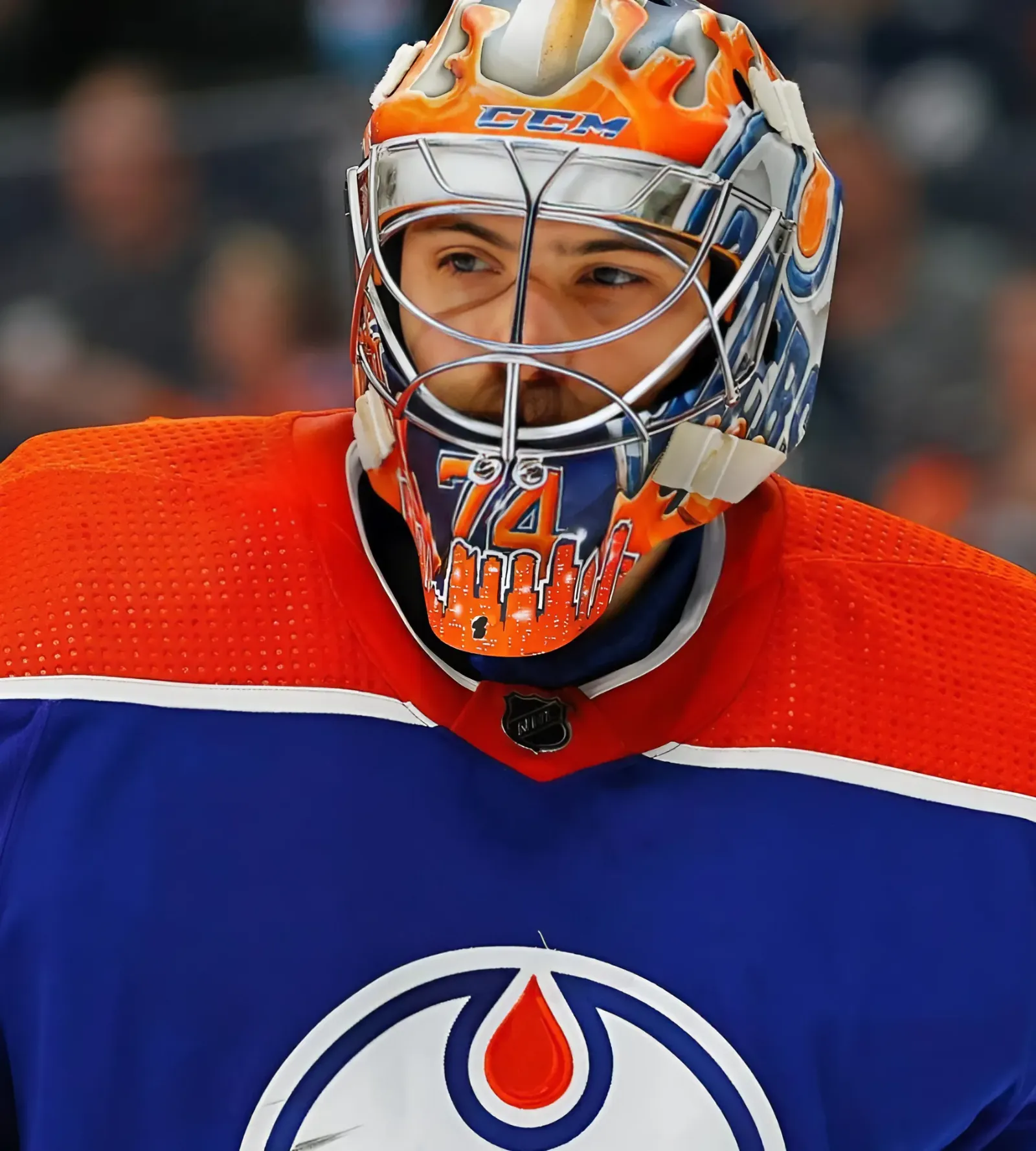Adding Fried raises New York’s floor, but Juan Soto’s departure left a massive hole in a lineup that already resembled a slice of Swiss cheese
The New York Yankees were never going to simply roll over and cry.
Less than 48 hours after losing the Juan Soto sweepstakes, New York began the unfurling of Plan B. Step one of The Great Bronx Pivot is an eight-year, $218 million contract with former Atlanta Braves southpaw Max Fried. The deal is the fourth-largest ever for a starting pitcher and the largest in MLB history for a left-hander.
Fried, who turns 31 in January, boasts the single lowest ERA in baseball since the start of 2020. Less reliant on strikeouts than other frontline hurlers, the two-time All-Star is elite at two other very valuable skills: avoiding hard contact and conjuring a parade of groundouts. That, alongside a track record of pinpoint control, means Fried carries a uniquely high floor.
Originally drafted seventh overall by the San Diego Padres out of an L.A.-area high school in 2012, Fried was dealt to Atlanta in 2014 as part of the prospect return for Justin Upton. Across parts of eight seasons with the Braves, the wrong-hander established himself as one of the sport’s more dependable starting pitchers. He finishes his Atlanta tenure with a sparkling 3.07 ERA in 884 1/3 innings.
His playoff track record, however, is somewhat spottier, particularly of late. A legendarily gutsy 2021 World Series-clinching performance in Game 6 will be remembered forever in Braves Country, but Fried’s 4.90 career postseason ERA across 12 starts isn’t unequivocal dominance. Whether those struggles are small-sample theater or a meaningful problem will surely be revealed in the October pressure-cooker that is Yankee Stadium.
For the Yankees, adding the gangly, much-accomplished lefty represents a swift and significant pivot. Signing Fried will not single-handedly erase the shattering disappointment of losing Soto, but it’s a strong start. Trying to replace Soto’s value in the aggregate by reallocating those funds among a handful of players was always going to be the most reasonable path forward.
But Fried’s entry into New York’s over-crowded rotation also means another move is inevitable. Before signing Fried, the Yankees already employed six other starting pitchers: Gerrit Cole, Carlos Rodón, Luis Gil, Clarke Schmidt, Nestor Cortes Jr. and Marcus Stroman. It is a near lock that one of that sextet will be wearing another uniform and rocking facial hair come spring training.
Cole, the ace of the staff, isn’t going anywhere, and Rodón’s contract is too big to move. Gil and Schmidt are both young, cheap and under team control. That makes them valuable to the Yankees ... and any potential trade partner. Cortes, whom the Yankees nearly dealt at the most recent trade deadline, and Stroman are less desirable. The duo scuffled for much of 2024 and spent September alternating with each other between the rotation and bullpen. Cutting bait with Cortes or Stroman would be more about creating space and eating dead money than adding a valuable player.
And the Yankees, particularly on the offensive side, are in dire need of valuable players.
Adding Fried raises New York’s floor, but Soto’s departure left a massive hole in a lineup that already resembled a slice of Swiss cheese. Instead of wallowing in their misery, the Yankees have started to move forward, and the next step is going to be addressing their lineup.
Assuming Aaron Judge, Giancarlo Stanton, Austin Wells, Anthony Volpe, Jazz Chisholm Jr. and Jasson Domínguez will all be in the Yankees’ Opening Day lineup in 2025, the Yankees likely need three more bats this offseason. Those would likely come at first base, at third base and in the outfield. While Chisholm filled in admirably for the Yankees at third after being acquired from the Marlins in July, the Yankees would be better served moving him back to second, where he was an above-average defender.
When it comes to what to do in the outfield, the Yankees have a few possible paths to improvement. One of those could be trading for Cubs center fielder and first baseman Cody Bellinger. Bellinger, 29, has rebounded in his first two seasons in Chicago. And while he took steps back offensively in '24, some of his struggles can be attributed to playing through injuries. His offensive profile fits perfectly in Yankee Stadium and would take a tick up in that ballpark. He could easily slide into center field, allowing Judge to move back to right. Bellinger is owed $25 million in 2025, with a $25 million player option for '26 that includes a $5 million buyout. It also doesn’t hurt that his father, Clay, won a World Series in the Bronx.
Another option in the outfield could be signing free agent Teoscar Hernández. Hernández, who has the most interest from the Dodgers and the Red Sox, had one of the best seasons of his career en route to a World Series victory in L.A. this fall.
The other big name that would make sense for New York is Cardinals third baseman Nolan Arenado. St. Louis has been actively shopping the 10-time Gold Glove Award winner, but with a full no-trade clause, Arenado will ultimately be the one who decides where he wants to go. The belief, however, is that the reigning AL champs would fit Arenado’s desire to play for a contender. Arenado is owed $52 million over the next three seasons, and should the Yankees eat some of that money, they likely wouldn’t have to give up a ton of prospect capital to fill their vacancy at third.
Finally, first base was arguably the Yankees’ biggest hole last season, and adding a power bat such as Christian Walker would certainly remedy that deficiency. Not only does Walker come with big-time power that has launched 105 homers since 2021, but he might also be the best defensive first baseman in the sport, which would improve a porous Yankees defense. A less expensive option with similar traits would be Carlos Santana, who still has some thump from the left side and just won his first Gold Glove Award at age 38.
There is no replacing Juan Soto in the aggregate — that goes without saying. But not continuing to improve after his departure would also have been a huge mistake. The Yankees now have a strength at the top of their rotation with Cole and Fried, as well as the rotational depth they previously lacked. If they can continue to address their needs as the winter progresses, there is a clear path to the Yankees being a better team in 2025, even without Soto.



